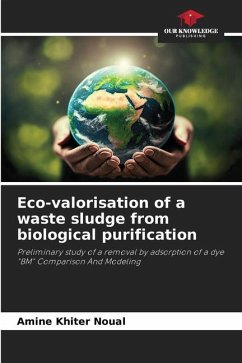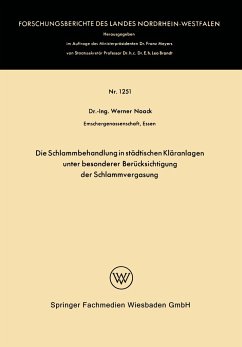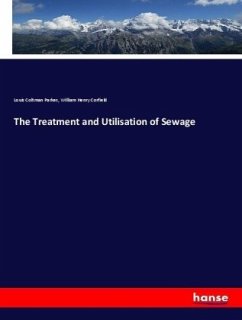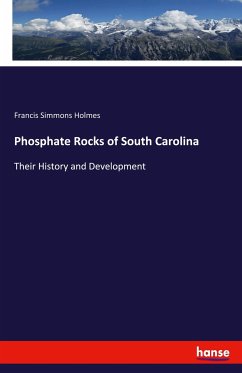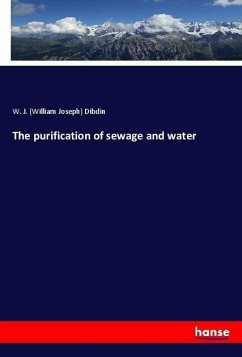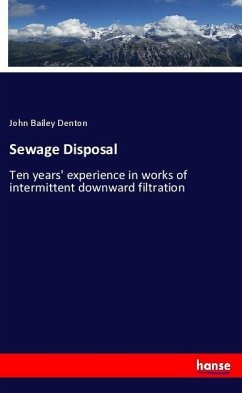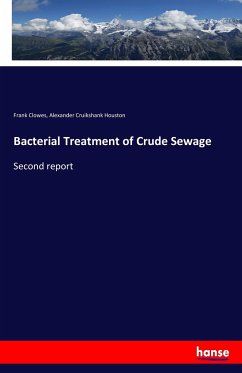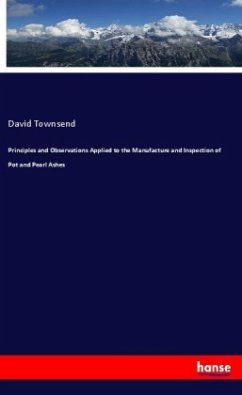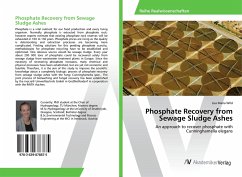
Phosphate Recovery from Sewage Sludge Ashes
An approach to recover phosphate with Cunninghamella elegans
Versandkostenfrei!
Versandfertig in 6-10 Tagen
27,99 €
inkl. MwSt.

PAYBACK Punkte
14 °P sammeln!
Phosphate is a vital nutrient for our food production and every living organism. Normally phosphate is extracted from phosphate rock; however experts estimate that existing phosphate rock reserves will be exhausted in 100 to 130 years. Phosphate prices are rising as the quality is deteriorating and extraction processes are becoming more complicated. Finding solutions for this pending phosphate scarcity, methodologies for phosphate recycling have to be established and optimized. One obvious source would be sewage sludge. Every year about 200 000 tons of phosphate could be recovered solely from ...
Phosphate is a vital nutrient for our food production and every living organism. Normally phosphate is extracted from phosphate rock; however experts estimate that existing phosphate rock reserves will be exhausted in 100 to 130 years. Phosphate prices are rising as the quality is deteriorating and extraction processes are becoming more complicated. Finding solutions for this pending phosphate scarcity, methodologies for phosphate recycling have to be established and optimized. One obvious source would be sewage sludge. Every year about 200 000 tons of phosphate could be recovered solely from sewage sludge from wastewater treatment plants in Europe. Since the necessity of recovering phosphate increases, many chemical and physical processes have been established, but are yet not economic and feasible. Therefore, it is the aim of this study to improve the scientific knowledge about a completely biologic process of phosphate recovery from sewage sludge ashes with the fungi Cunninghamella spec.. The joint process of bioleaching and fungal recovery has been established by the inocre® Umwelttechnik GmbH in Großhelfendorf in cooperation with the RWTH Aachen.



